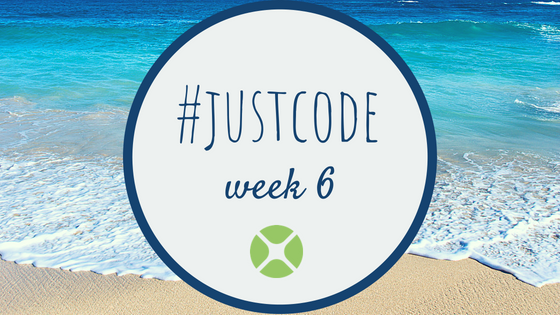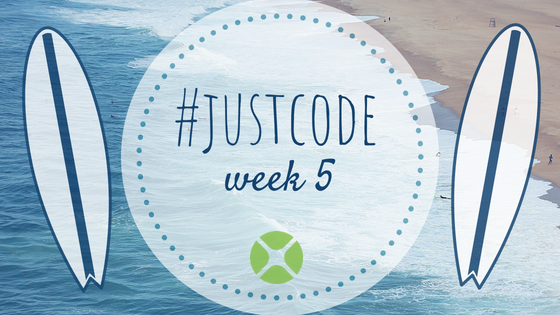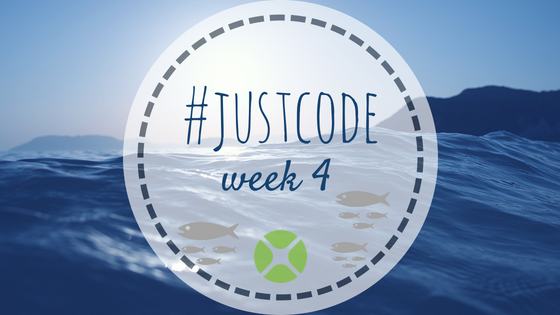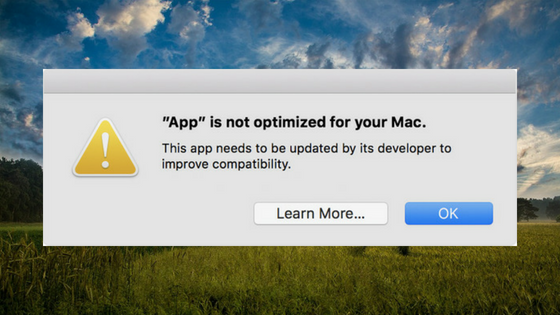Follow this tutorial to learn how to create active (clickable) words in a text of a TextArea control using the OOP Delegate design pattern, which allows you to dynamically change how your app will react when the user clicks on any of these active words. Best of all, this is cross-platform, so you can use it for macOS, Windows and Linux deployments!
Comments closedMonth: July 2018
For this week’s app, I created a simple iOS app where you tap on “bubbles” to pop them. This was actually suggested to me by Dana Brown some time ago as something that would make a great diversion for her son. I have found it helpful with some of my younger nieces and nephews.
This iOS app demonstrates the use of a Canvas and the detection of taps. When all the bubbles have been popped, more are added. It never ends!
Comments closedStarting with Xojo 2017r2, Linux apps use GTK3. Since Xojo uses native controls that means your app’s controls will use the theme of the Linux distribution the app runs on. This can sometimes mean that your app’s UI will not look exactly like what you designed in the Layout Editor because a theme may dramatically change control sizes and padding. This is a problem that can occur with any modern GTK3 app.
If this is a problem for your apps, there are a couple ways you can work around it.
Comments closedFor week five of the Just Code Challenge, I made a web app. My wife is a middle school math teacher and sometimes she needs to give the kids quizzes to help them with their math skills.
Comments closedSometimes the idea for a great little app comes down to solving a silly little problem.
Last month, the family went mini-golfing for my son’s birthday. It was a lovely course called Pirate’s Cove Adventure Golf right next to the ocean. But they didn’t have scoring stands and we had to use a tiny pencil on a little cardboard scorecard to keep score. So this week’s app is a simple iOS app track of mini-golf scores!
The iOS app has two screens. The main screen has a giant Table that lists all the 18 holes. You tab on the detail button for a row (it’s the “I” icon) to go to the scoring screen.
Comments closedIn the Mac world, 32-bit apps have been disappearing more and more as time goes on. This year already we’ve seen significant steps toward 64-bit.
In January 2018 Apple stopped accepting 32-bit app submissions to the Mac App Store.
In February 2018, starting with macOS 10.13.4, Apple added a warning that displays the first time you launch a 32-bit app.
In June 2018 Apple stopped accepting updates to 32-bit apps in the Mac App Store. All new apps and app updates must now be 64-bit.
At WWDC 2018 Apple announced that macOS 10.14 will be the final version that support 32-bit apps. Although they did not announce a release date, based on the timing from the past few years macOS 10.14 will probably be released around the end of September 2018.
Comments closedAfter 2 desktop apps in week 1 and week 2 of the Just Code challenge, my project this week is an iOS app. Its very important job is to display dog pictures. I call it Dogs Up!
Comments closed






